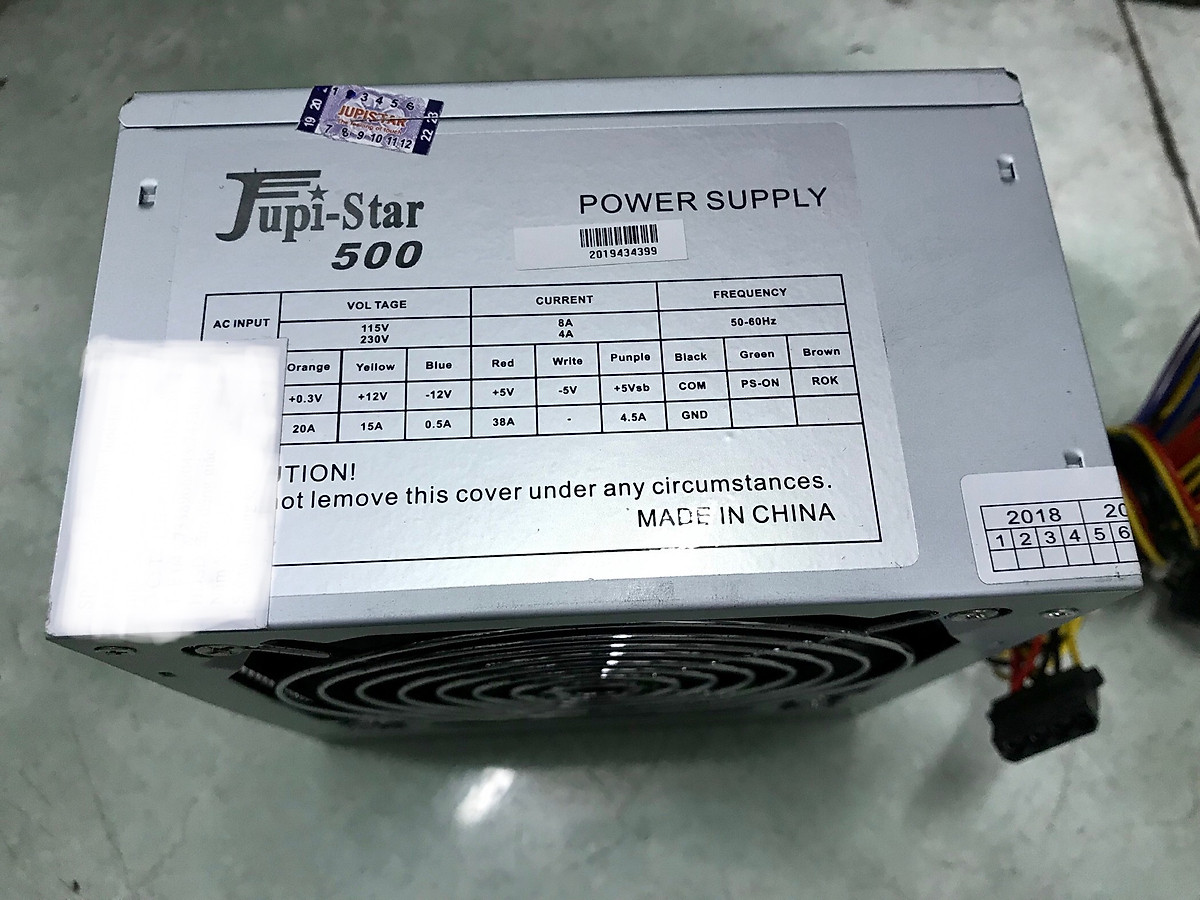Hi, I was gifted this GTX 750Ti (Gigabyte GV-N75TD5-2GI) from a friend last Saturday. I installed the card and its driver and everything was working well so far. I had an AMD Radeon HD 6670 before that, and since my monitor doesn't have any HDMI or DVI port, I plug the monitor into the motherboard instead, but the OS was still able to detect it and install the card's driver anyways. The only thing that doesn't get installed correctly was the "Game Ready Driver" that was shown to me with a prompt in GeForce Experience. Frankly speaking, the card only ran well when there was still an error with that driver, I was able to choose the exact graphics driver for apps in Windows Settings and play games with it. Yesterday, when i boot up the computer, the Game Ready driver is now installed correctly, but my card isn't being detected anymore. It is not showing up in Device Manager, BIOS setting, and I couldn't reinstall the driver either. The fan is still working, so i think there is not a problem with the card itself or the power supply.
Notice:
Notice:
- The card have a 6 pin power slot, however I have to buy a molex to 6 pin adapter since my power supply doesn't have that cable
- There is no video output from the card either
- I have used the old card and it worked smoothly, so it's not a problem with the PCIE slot
- Card fan still run 100%
- Reinstall drivers for GTX 750Ti specifically and via GeForce Experience: not working
- Uninstall the card's driver that is hidden in Device Manager and install the first attempt again: not working
- Switch primary display to PCIE in BIOS setting and plug an HDMI cable directly to the card: not working, always fallback to the integrated graphics card
- The same as above, but this time a DVI to VGA dongle: not working, always fallback to the integrated graphics card
- CPU: Intel Pentium Gold G5400
- Motherboard: ASUS Prime H310M-K R2.0
- RAM: 12GB DDR4
- Power supply: Jupi-star 500
- OS: Windows 11 Pro


